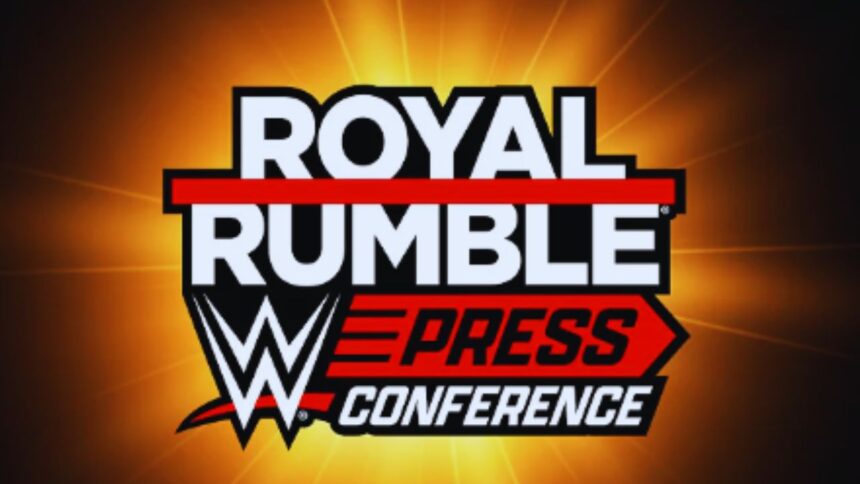The Build-Up
The WWE Royal Rumble Premium Live Event on January 27th stirred excitement and set records, leaving fans buzzing with anticipation. However, behind the scenes, a legal tussle brewed as WWE took on Texas Attorney General Ken Paxton to halt the release of the Royal Rumble bidding contract.
The Lawsuit Unveiled
In a surprising turn of events, WrestleNomics reported WWE’s filing of a complaint against Texas Attorney General Ken Paxton on Feb. 16. Their aim? To prevent the divulgence of an agreement between WWE and the City of San Antonio. The contract, if released, could unveil crucial details about what the city offered WWE in exchange for hosting the Royal Rumble extravaganza at the Alamodome in 2023.
The Argument Unfolds
WWE’s legal maneuver hinges on a crucial argument: the contract contains proprietary information and, hence, qualifies as a trade secret, making it exempt from Texas’s public information law. Despite initial approval from the state Attorney General’s office to withhold the bidding contract in April 2023, the tide turned on Jan. 17, 2024, when the Attorney General’s office reversed its decision.
The State of Affairs
With the bid contract hanging in the balance, city officials find themselves in a tight spot. The Alamodome’s ownership and operation by the city government are subject to related records, including contracts, and public records requests. However, WWE’s contention that the contract houses proprietary information challenges this norm.
Legal Maneuvers
Amidst the legal showdown, Brandon Thurston’s tweet reveals a crucial development—the Texas Attorney General’s office remains mum, failing to mount a defense against WWE’s lawsuit. In response, WWE has escalated matters by seeking a default judgment, signaling their push for a favorable ruling due to the opposing party’s silence.
The Verdict Awaits
Mark your calendars for May 29 at 9 am, as all eyes turn to the impending hearing. WWE’s legal representatives, along with Judge Jan Soifer, will convene to discuss the default judgment. The outcome of this hearing holds the key to WWE’s quest to shield the bidding contract from public scrutiny.
Editor’s Perspective
As the editor oversees this riveting saga, emotions run high. WWE’s bold move to safeguard its trade secrets reflects the stakes at play in the world of sports entertainment. Our passion for unraveling the intricacies of this legal battle drives us to deliver comprehensive coverage, keeping our readers informed every step of the way. Stay tuned as we await the verdict that could reshape the landscape of WWE’s contractual dealings.
The Significance of Transparency in Sports Entertainment
Beyond the legal intricacies, this case raises pertinent questions about transparency in sports entertainment. While fans revel in the spectacle of events like the Royal Rumble, the behind-the-scenes negotiations often remain shrouded in secrecy. Should entities like WWE be obligated to disclose the terms of their agreements with hosting cities, or does protecting trade secrets take precedence?
Wrestling with Trade Secrets
The crux of WWE’s argument lies in the classification of the bidding contract as a trade secret. In an industry where surprises are currency, the revelation of contractual details could potentially undermine the company’s ability to orchestrate future events with the same level of anticipation. However, critics argue that transparency is essential, particularly when public resources are involved.
The City’s Dilemma
Caught between legal obligations and public interest, the City of San Antonio faces a dilemma. While honoring public records requests is standard practice, the potential ramifications of disclosing sensitive contractual information cannot be overlooked. Balancing transparency with protecting the interests of all parties involved presents a formidable challenge for city officials.
A Legal Showdown
As the hearing date looms, both sides prepare to present their cases before Judge Jan Soifer. With WWE pushing for a default judgment in their favor, the outcome of the hearing could have far-reaching implications. Will the courts uphold transparency or prioritize the protection of trade secrets? The answer remains uncertain, adding to the intrigue surrounding this legal showdown.




